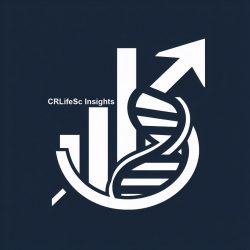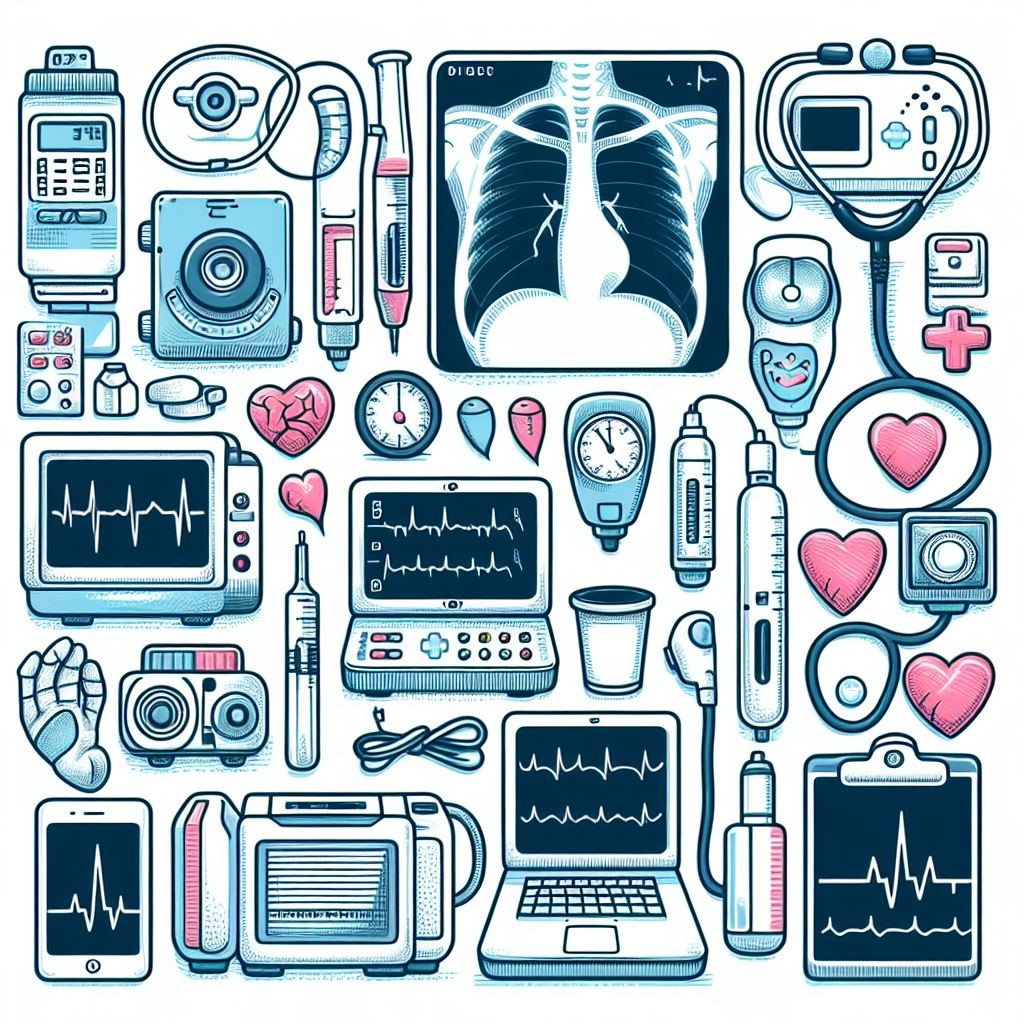
In the dynamic landscape of the healthcare industry, the abundance of market data is a valuable asset for companies seeking to make informed decisions regarding product strategies and planning. However, the importance of direct communication with doctors, healthcare providers, and stakeholders cannot be overstated. Let’s see why fostering open lines of communication between healthcare companies and those on the frontline of patient care is essential for navigating the complexities of the industry and making impactful decisions in a particular market.
- Understanding Real-World Challenges
While market data provides a comprehensive overview of trends, challenges, and potential opportunities, it may not capture the nuanced, day-to-day realities faced by healthcare providers. Market data is undoubtedly a valuable tool for healthcare companies, providing a macro-level view of the industry. Direct communication with doctors and healthcare professionals serves as a vital bridge between statistical insights and the lived experiences of those delivering care. Direct conversations allow companies to gain insights into the practical challenges encountered in patient care, enabling them to tailor their products and services to meet the genuine needs of the healthcare community. Interviews and focus groups with healthcare providers also help to understand better market data and foresee the future trends more accurately.
While market data might highlight broad issues such as rising healthcare costs or increasing demand for certain services, direct interactions with doctors and other stakeholders offer a detailed understanding of the specific hurdles faced in diagnosis, treatment, and patient management. These insights help healthcare companies tailor their strategies to address the genuine needs of healthcare professionals and, by extension, the patients they serve.
Doctors and healthcare providers face numerous challenges in their day-to-day work, ranging from administrative burdens to the need for improved communication tools. By engaging in discussions with these professionals, healthcare companies can identify and address the pain points that may not be evident from market data alone. This proactive approach allows companies to develop solutions that alleviate the burdens on healthcare providers, contributing to improved job satisfaction and, in turn, better patient care.
Market data can sometimes be complex and challenging to interpret accurately. Direct interactions with healthcare providers serve as a valuable resource for healthcare companies to enhance their understanding of market trends. Doctors can provide context, share insights into the factors influencing data trends, and offer perspectives on how certain developments might impact their clinical practices. This collaborative exchange of information enables companies to interpret market data more effectively and make decisions grounded in a nuanced understanding of the healthcare landscape.
Interviews and ongoing conversations with healthcare providers go beyond addressing immediate challenges; they also serve as a crucial tool for anticipating future trends. Healthcare professionals, with their frontline experience, are often adept at foreseeing shifts in patient demographics, emerging healthcare technologies, and evolving treatment paradigms. By actively engaging with doctors, healthcare companies position themselves to adapt to these changes proactively, staying ahead of the curve and aligning their strategies with the evolving needs of the healthcare community.

- Customizing Solutions for Diverse Needs
Healthcare is not a one-size-fits-all industry. Different medical specialties, regions, and healthcare settings have unique requirements that may be hidden in market data and trends. Engaging in conversations with doctors and providers through direct interviews and focus groups allows healthcare companies to understand the diverse needs of various segments of the industry. This understanding is crucial for tailoring products, services, and innovations to meet the specific demands of different healthcare contexts.
- Improving Product Development and Innovation
Direct communication with healthcare providers is a catalyst for innovation. Doctors and frontline staff witness firsthand the gaps in existing healthcare solutions, often before market trends are disclosed in market data, and can provide valuable input on how products can be improved, or new solutions developed. This collaborative approach ensures that healthcare companies are not just meeting market demands but are actively contributing to advancements in patient care through innovation and responsive product development.
- Ensuring Regulatory Compliance
The healthcare industry is heavily regulated, and compliance with evolving standards is paramount. Regular dialogue with healthcare providers and stakeholders helps companies stay abreast of changes in regulations and compliance requirements. This proactive approach not only mitigates risks but also fosters a collaborative relationship with healthcare professionals who appreciate companies that prioritize adherence to ethical and legal standards.

- Building Trust and Credibility
Trust is a cornerstone of successful healthcare partnerships. Engaging in open and transparent communication with doctors and healthcare providers builds trust and credibility for healthcare companies. Establishing trust is especially important in an industry where the consequences of decisions can directly impact patient outcomes. Trustworthy relationships foster a collaborative environment, paving the way for mutually beneficial partnerships. This is difficult to achieve crunching and analyzing data.
- Addressing Healthcare Disparities
Healthcare disparities persist globally, and a deep understanding of these issues is essential for creating equitable solutions. Direct conversations with healthcare providers, particularly those serving diverse populations, offer invaluable insights into the root causes of disparities. By actively engaging with stakeholders, healthcare companies can work towards developing strategies that address these disparities and contribute to improving healthcare access and outcomes for all.
In a nutshell:
In the biotech and healthcare industry, where decisions can have profound effects on companies and patient care, market data alone is insufficient for making well-informed choices. Direct communication with distributors, other company service providers, doctors, healthcare providers, and other stakeholders as a general rule, bridges the gap between data-driven insights and the real-world challenges faced by healthcare companies and those delivering care. By actively engaging with frontline professionals, healthcare companies can tailor their strategies, products, and services to meet the ever-evolving needs of the industry, fostering innovation, trust, and ultimately contributing to the improvement of healthcare on particular markets and at a global scale.
Discover our services.





